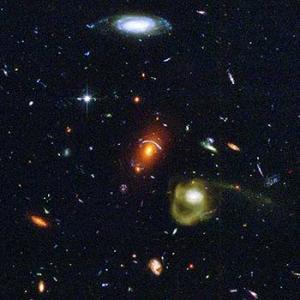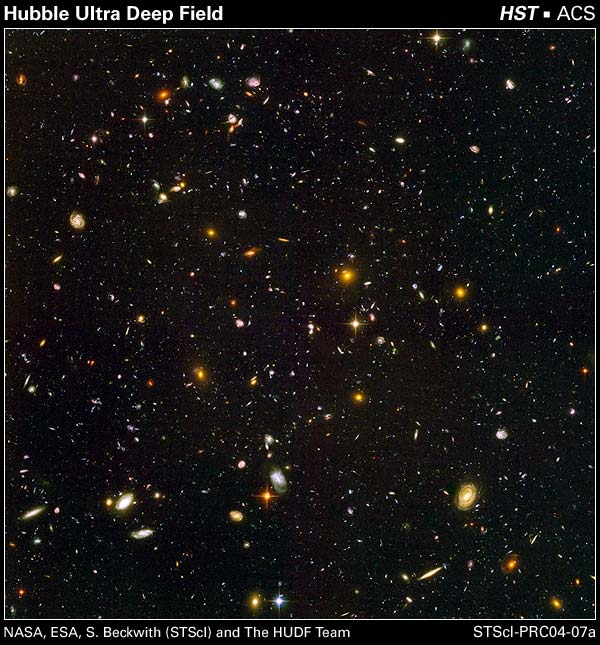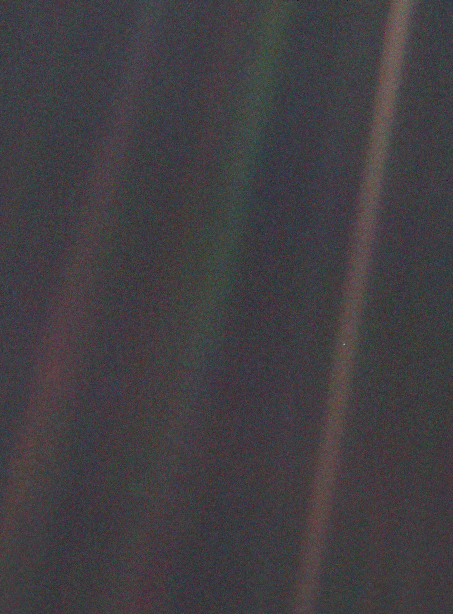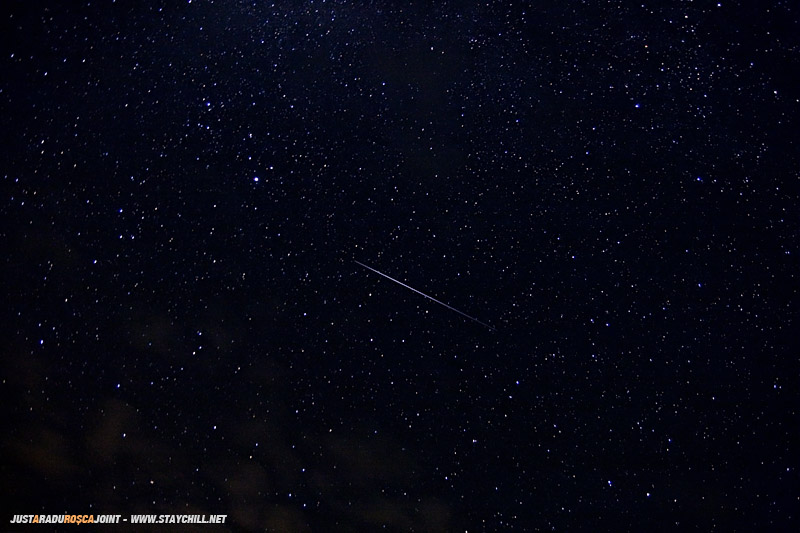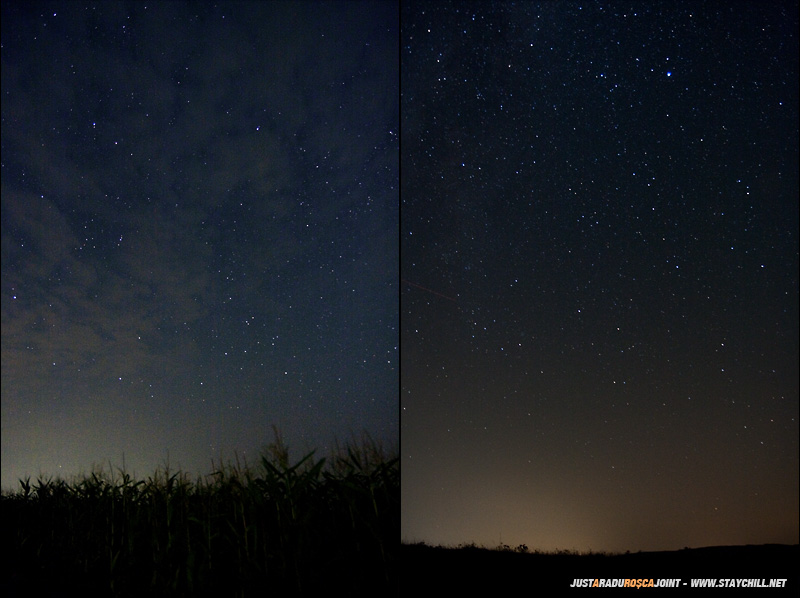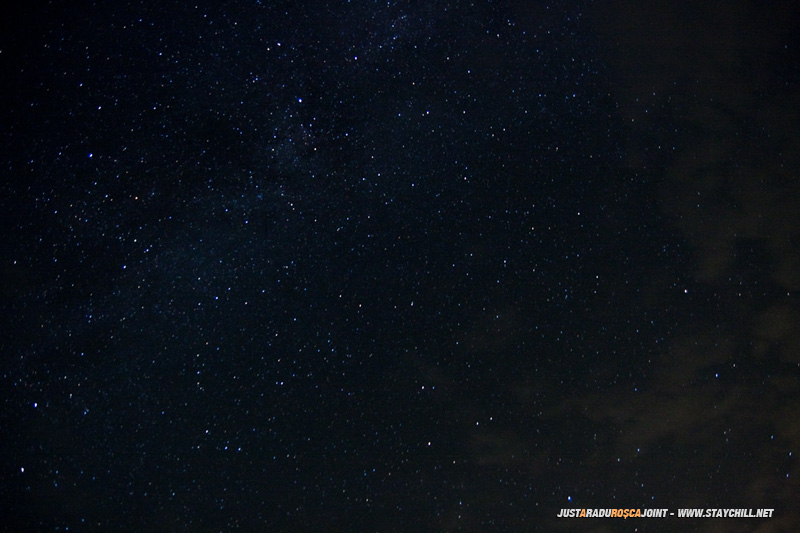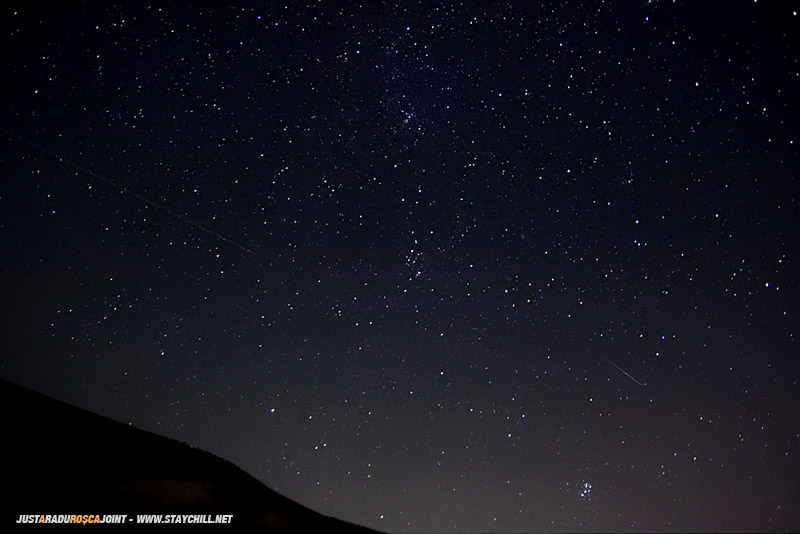LJ4ptplay
Starter
This is really amazing. Astronomers have viewed stars (like our sun) form and die many times. It is quite common. They have also viewed planets form many times as well. But it is rare to have such a clear photograph of the initial stages of a solar system forming.
In this video they zoom into a solar system forming in the Milky Way Galaxy. A solar system just like ours (Mercury, Venus, Earth, Mars, Jupiter, Saturn, Neptune, Uranus, etc). For me, this puts our place in the universe into perspective. People generally think our solar system is large, and to a lesser extant, even Earth itself, but in this photo a solar system is just a tiny speck in the Milky Way Galaxy. And the Milky Way Galaxy is just 1 of a 100 BILLION other GALAXIES!! And each one of those galaxies has over 100 BILLION solar systems in it!!
Now watch the video again. But before you do, allow me to give a very quick and basic lesson on space:
Think of space/gravity as a very, very, massive, gigantic waterbed. In space, a piece of matter that has more mass will attract the pieces of matter around it with less mass. So for example, imagine a bowling ball and a bunch of marbles lying on a waterbed. The marbles (less mass) will travel towards the bowling ball (more mass). But in space, the marbles collide with the bowling ball and fuse with it, which give the bowling ball even more mass. It is considerably more complicated than that but this is to illustrate what is happening in the video/picture.
A nebula is a cloud of dust, hydrogen gas, helium gas and other ionised gases where stars (like our sun), planets (like earth) and solar systems form. Here a piece of matter with more mass attracts pieces of matter with less mass. This matter keeps gaining and gaining mass until eventually the mass is so great that hydrogen atoms fuse (fusion) and a chain reactin (sort of) of nuclear explosions occur. This is what is happening in our sun. It is several hundred million nuclear (hydrogen atom bomb) explosions.
When this initial explosion (star formation) occurs, there is a blast of gas and matter/dust particles. But since the star/sun is more massive, the matter/dust forms around the star.
This is what is in the picture. A cloud of matter spinning around a star. You can barely see the star peaking out from the top and bottom of the massive cloud of matter/dust particles. The matter looks so dark, because the star behind it is so bright.
Now keeping in mind the bowling ball/marbles analogy, the more massive matter particles attact the particles with less mass and continue until planet sized collections of matter are formed. Mulitple planets keep forming in this manner. And as all of them are spinning and drawn towards the more massive sun, eventually planets collide (making asteroids), destroying many planets until a balance of planets spinning around the more massive sun (i.e. a solar system) occurs.
Our solar system has a massive asteroid belt between Mars and Jupiter. It is the remnants of this initial collision of newly forming planets in our young solar system (around 5 billion years ago). There is now a nice balance between our massive sun and massive Jupiter.
Anyway, I hope I made this clear and I hope some of you gain a new perspective on our place in the universe. Maybe next time you get annoyed by something, just remember how insignificant it really was. Just try and enjoy the short amount of time you spend on this spinning piece of dust we call earth.
In this video they zoom into a solar system forming in the Milky Way Galaxy. A solar system just like ours (Mercury, Venus, Earth, Mars, Jupiter, Saturn, Neptune, Uranus, etc). For me, this puts our place in the universe into perspective. People generally think our solar system is large, and to a lesser extant, even Earth itself, but in this photo a solar system is just a tiny speck in the Milky Way Galaxy. And the Milky Way Galaxy is just 1 of a 100 BILLION other GALAXIES!! And each one of those galaxies has over 100 BILLION solar systems in it!!
Now watch the video again. But before you do, allow me to give a very quick and basic lesson on space:
Think of space/gravity as a very, very, massive, gigantic waterbed. In space, a piece of matter that has more mass will attract the pieces of matter around it with less mass. So for example, imagine a bowling ball and a bunch of marbles lying on a waterbed. The marbles (less mass) will travel towards the bowling ball (more mass). But in space, the marbles collide with the bowling ball and fuse with it, which give the bowling ball even more mass. It is considerably more complicated than that but this is to illustrate what is happening in the video/picture.
A nebula is a cloud of dust, hydrogen gas, helium gas and other ionised gases where stars (like our sun), planets (like earth) and solar systems form. Here a piece of matter with more mass attracts pieces of matter with less mass. This matter keeps gaining and gaining mass until eventually the mass is so great that hydrogen atoms fuse (fusion) and a chain reactin (sort of) of nuclear explosions occur. This is what is happening in our sun. It is several hundred million nuclear (hydrogen atom bomb) explosions.
When this initial explosion (star formation) occurs, there is a blast of gas and matter/dust particles. But since the star/sun is more massive, the matter/dust forms around the star.
This is what is in the picture. A cloud of matter spinning around a star. You can barely see the star peaking out from the top and bottom of the massive cloud of matter/dust particles. The matter looks so dark, because the star behind it is so bright.
Now keeping in mind the bowling ball/marbles analogy, the more massive matter particles attact the particles with less mass and continue until planet sized collections of matter are formed. Mulitple planets keep forming in this manner. And as all of them are spinning and drawn towards the more massive sun, eventually planets collide (making asteroids), destroying many planets until a balance of planets spinning around the more massive sun (i.e. a solar system) occurs.
Our solar system has a massive asteroid belt between Mars and Jupiter. It is the remnants of this initial collision of newly forming planets in our young solar system (around 5 billion years ago). There is now a nice balance between our massive sun and massive Jupiter.
Anyway, I hope I made this clear and I hope some of you gain a new perspective on our place in the universe. Maybe next time you get annoyed by something, just remember how insignificant it really was. Just try and enjoy the short amount of time you spend on this spinning piece of dust we call earth.
Last edited:


